Premium Only Content
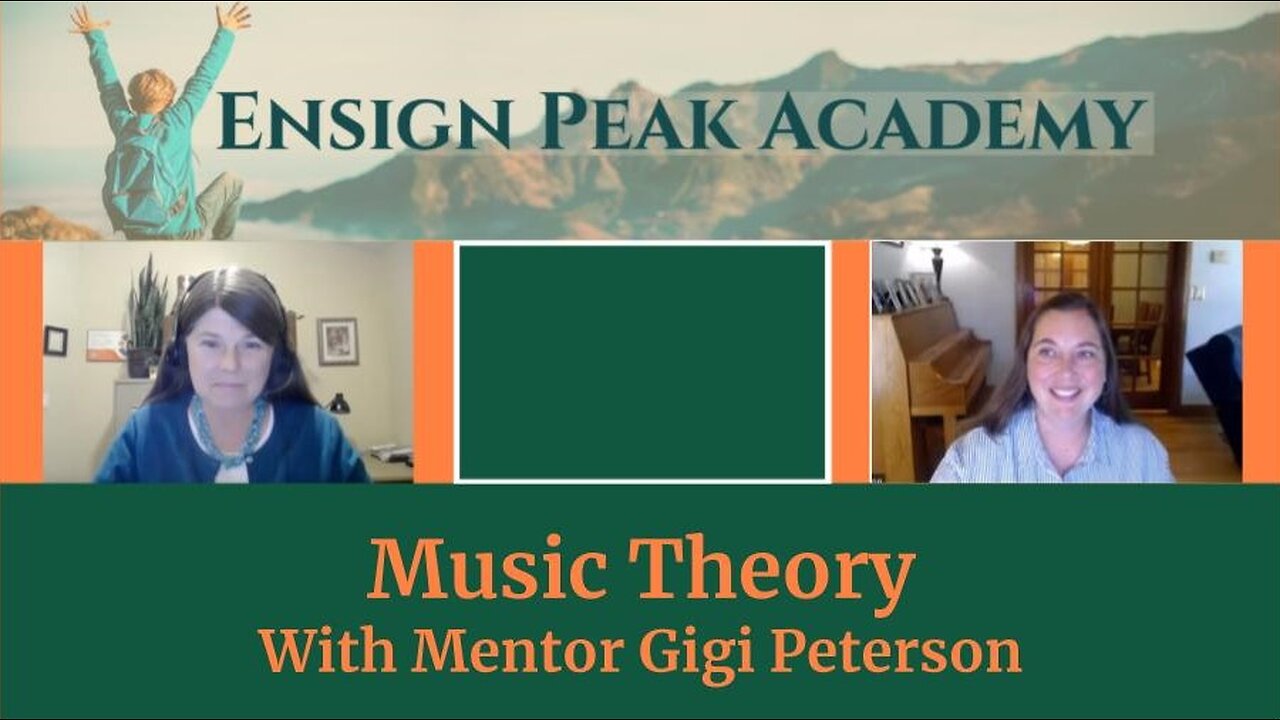
Music Theory with Mentor Gigi Peterson
Find out about this Ensign Peak Academy 2-semester, 1 credit course.
The amazing thing about music is that it uses so many parts of our brain and body at the same time! We use our ears, eyes, voice, hands, and tapping feet. We simultaneously use the artistic, creative side of our brain and the logical, mathematical side. Creating music comes naturally as we sing and clap our hands. However, formal music training can sometimes be challenging because learning to read, play, and write music is truly learning a different language. It may seem like a daunting task, but it is worth the effort! A comprehensive study of Music Theory will encourage young musicians to better understand their craft in order to be a better instrument in the hands of the Lord. Students do not need to have a background in music, but if students are currently involved in instrumental or vocal training, they will be encouraged to apply their lessons to their instrument of choice. Students will also be encouraged to experiment with some improvisation at the piano. Access to a piano or keyboard is recommended but not required.
Additionally, we will incorporate a study of our beautiful hymn book. We will not only learn about the history of the hymns, their composers, and the related scriptures, but we will also analyze all of the amazing music theory contained inside.
In Part 1, we will learn about the staff, pitch, the musical alphabet, the piano keyboard, rhythm basics, building Major scales, and identifying key signatures. Students will feel confident opening up the hymn book and conducting any hymn in 2/4, ¾, and 4/4 time.
In Part 2, we will dive a little deeper into intervals, the circle of fifths, minor scales, ear training, the blues scale, advanced rhythm, augmented and diminished intervals, musical terms, and solfege basics. Students will advance to conducting hymns in 6/8, 9/8, and 2/2. By the end of the course students will feel more confident in their ability to read, perform and write music. They will also have a greater appreciation for the power of music to entertain, teach, and testify.
-
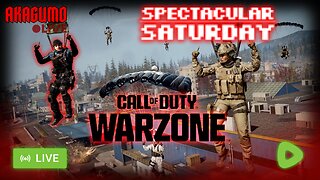 LIVE
LIVE
Akagumo
11 hours ago🔴 LIVE - AKAGUMO - SPECTACULAR SATURDAY! #12 - WARZONE VERDANSK RETURNS
92 watching -
 1:50:26
1:50:26
Darkhorse Podcast
7 hours agoThere’s a New Tariff In Town: The 271st Evolutionary Lens with Bret Weinstein and Heather Heying
40.3K37 -
 29:36
29:36
The Brett Cooper Show
2 days ago $4.45 earnedThe Non-Binary Samurai Game No One Wanted | Episode 19
40.3K39 -
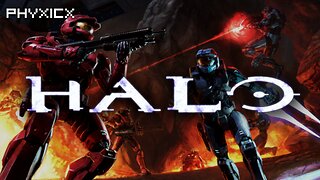 LIVE
LIVE
Phyxicx
5 hours agoHalo on a Saturday! - 4/5/2025
107 watching -
 16:46
16:46
Stephen Gardner
9 hours agoJudge Boasberg THREATENS to ARREST Trump White House leaders!
47.6K219 -
 1:30:53
1:30:53
Michael Franzese
1 day agoMichael Franzese UNLEASHES on the Left: Lies, Fraud, and Betrayal
40.1K41 -
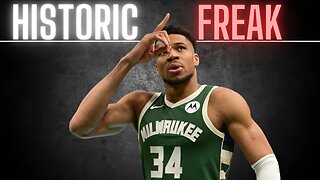 6:15
6:15
SKAP ATTACK
1 day ago $3.10 earnedGiannis Goes Full FREAK MODE in Historic Game
37.8K2 -
 19:35
19:35
DeVory Darkins
2 days ago $36.66 earnedMedia suffers failure after Elon Musk hit piece gets DEBUNKED
103K186 -
 12:38
12:38
Talk Nerdy Sports - The Ultimate Sports Betting Podcast
8 hours ago4/5/25 - Talk Nerdy Sports – Madness. Money. Mayhem.
60.3K6 -
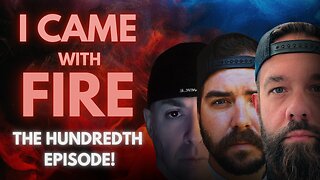 3:18:37
3:18:37
I_Came_With_Fire_Podcast
17 hours agoTHE HUNDREDTH EPISODE!!!
71.4K7